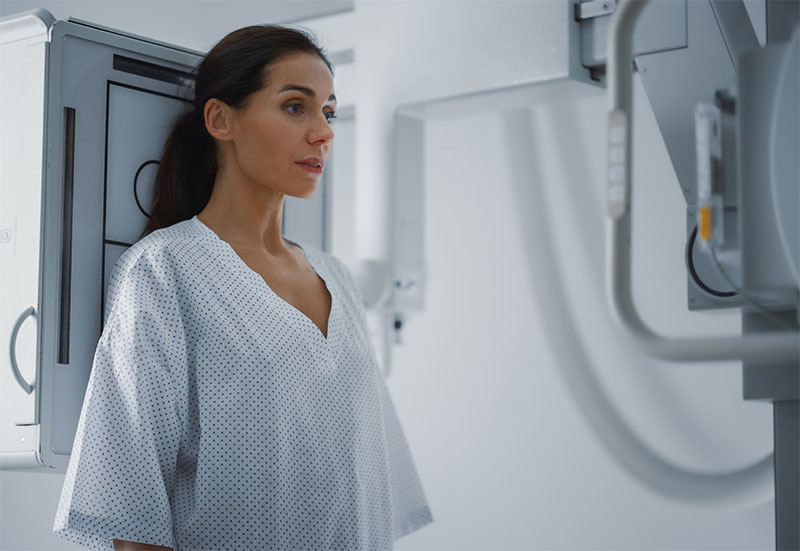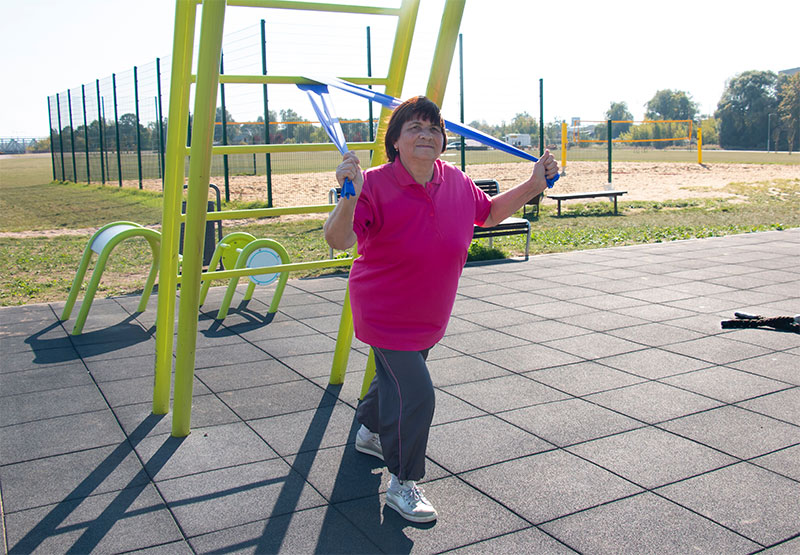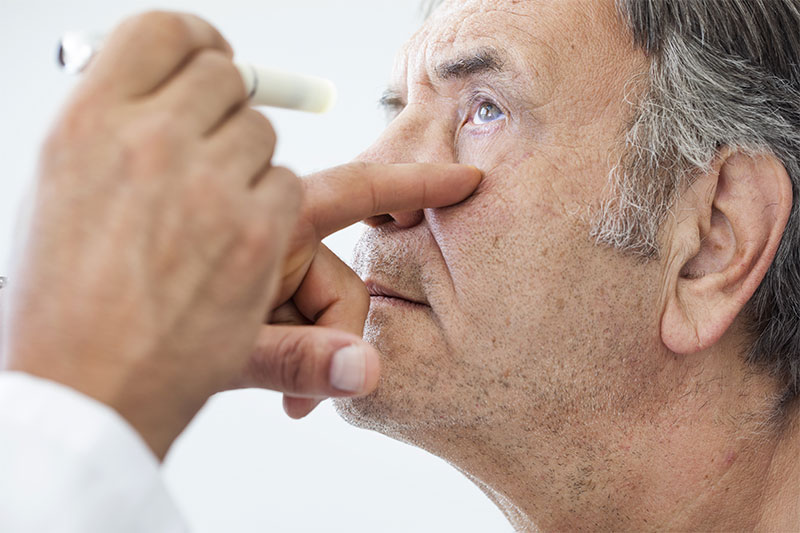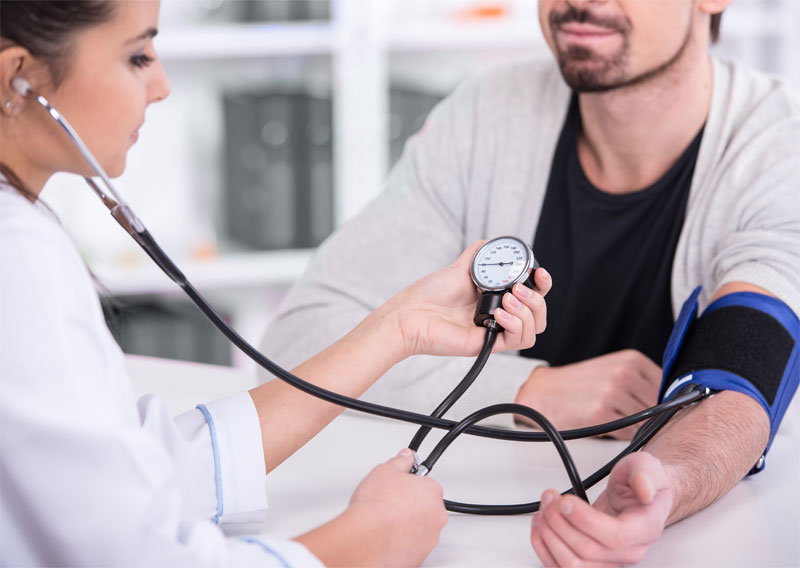
November is Lung Cancer Awareness Month, and at Gulf Coast Health Center, we like to recognize the occasion by helping to raise awareness about lung cancer, the importance of lung cancer screenings, and the factors that could increase your risk of developing lung cancer.
What Is Lung Cancer Screening?
A lung cancer screening is a diagnostic test that is performed for the purpose of examining a patient for signs of lung cancer. A lung cancer screening cannot diagnose lung cancer but simply checks for signs of abnormalities in the lungs.
The only test currently approved for lung cancer screening is a computed tomography (CT) scan. This scan uses advanced x-ray technology to take detailed images of a patient’s lungs. If visual signs of lung cancer or other abnormalities are present, further tests, such as a biopsy might be recommended.


Why Lung Cancer Screening Is Essential
Like most types of cancer, the early detection of lung cancer greatly increases the chances of achieving a successful treatment outcome. In its earliest stages, lung cancer is much more successfully treated than when treatment begins in the later stages after the disease has had time to advance.
Lung Cancer Risk Factors: Who Should Be Screened Regularly for Lung Cancer?
The Centers for Disease Control and Prevention recommend that individuals in the following high-risk categories be screened annually for lung cancer:
- Individuals with a 20-pack-year total of smoking (i.e. smoking one pack per day for 20 years or two packs per day for 10 years)
- Individuals who currently smoke or quit smoking less than 15 years ago
- Individuals who are between 50 and 80 years of age
We recommend scheduling a lung cancer screening if you fall into any of these categories or are concerned about your lung health for other reasons (such as exposure to long-term second-hand smoke, respiratory carcinogens, or other harmful chemicals).


Lung Cancer Screenings and Respiratory Healthcare in Texas
If you’re concerned about the health of your lungs and respiratory system, we encourage you to schedule an appointment with a doctor at Gulf Coast Health Center. We can give your lungs a listen and talk with you about your medical history, lifestyle, risk factors, and any symptoms you might be experiencing to help you determine the best course of action. To learn more or schedule a lung cancer screening, we welcome you to contact one of our locations along the Gulf Coast of Texas today.















































